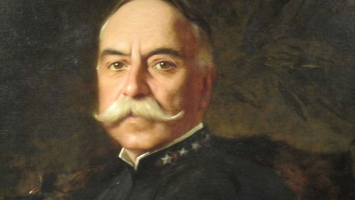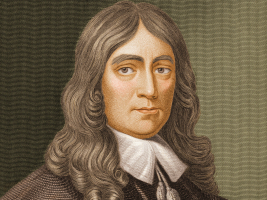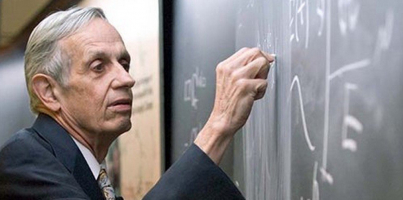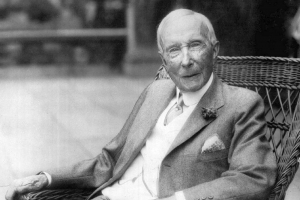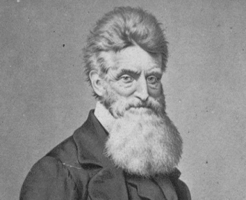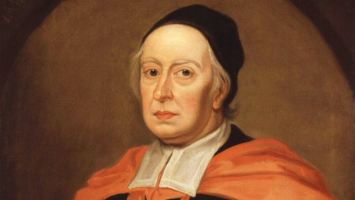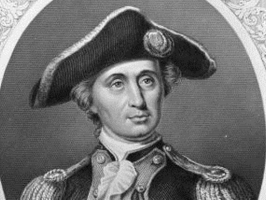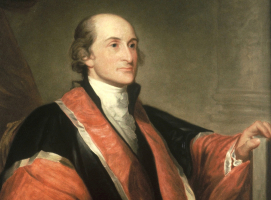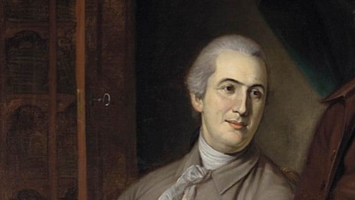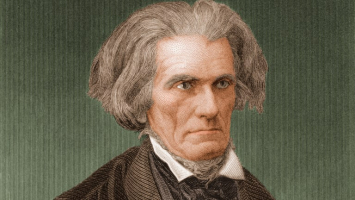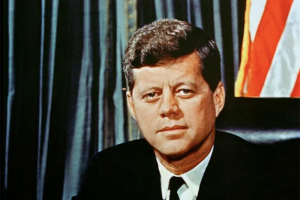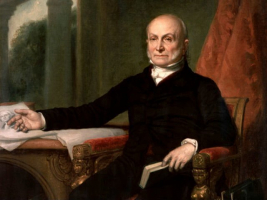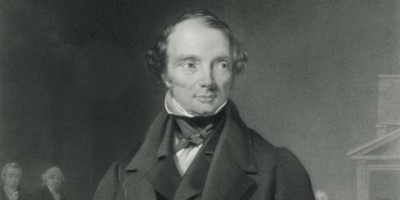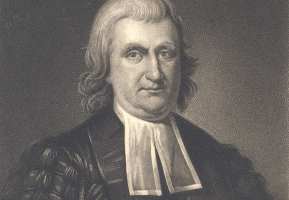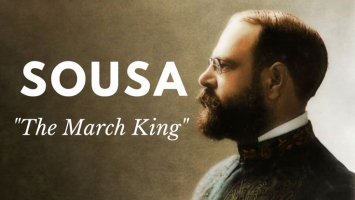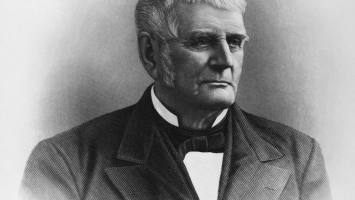Top 4 Interesting Facts about John Dewey
John Dewey (October 20, 1859 – June 1, 1952) was a philosopher, psychologist, and educational reformer from the United States whose views influenced education ... read more...and social reform. He was a notable American scholar throughout the first part of the twentieth century. Below are the 4 interesting facts about John Dewey.
-
One of the interesting facts about John Dewey is that Dewey published around 700 articles in 140 journals and about 40 books. "The Reflex Arc Concept in Psychology" (1896), a critique of a mainstream psychological concept that served as the foundation for all of his subsequent work; Democracy and Education (1916), his acclaimed work on progressive education; The Public and its Problems (1927), a defense of democracy written in response to Walter Lippmann's The Phantom Public (1925); Experience and Nature (1925), Dewey's most "metaphysical" statement; Impressions of Soviet Russia and the Revolutionary World (1929), a glowing travelogue from the nascent USSR.
Dewey's key work on aesthetics was Art as Experience (1934). A Common Faith (1934), a humanistic study of religion delivered as the Dwight H. Terry Lectureship at Yale; Logic: The Theory of Inquiry (1938), a statement of Dewey's unusual conception of logic; Freedom and Culture (1939), a political work examining the roots of fascism; and Knowing and the Known (1949), a book written with Arthur F. Bentley that systematically outlines the concept of trans-action, which is central to his other works. Hilda Neatby stated of Dewey's enormous influence on twentieth-century thought, "Dewey has been to our age what Aristotle was to the later Middle Ages, not a philosopher, but the philosopher." In 1968, the US Postal Service honored Dewey with a Prominent Americans series 30¢ postage stamp.
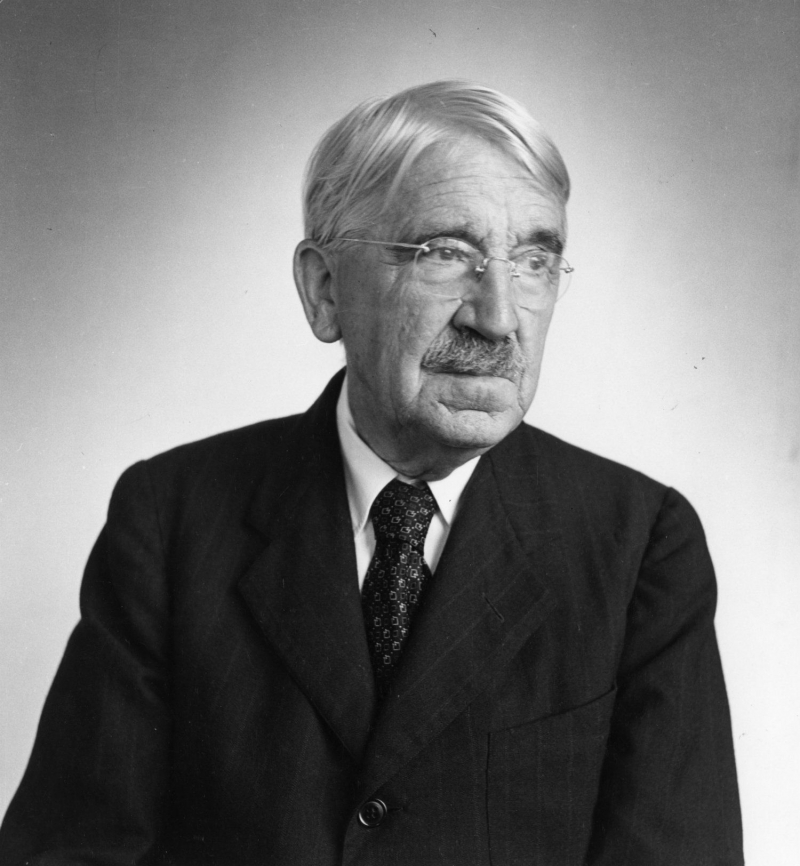
verywellmind.com 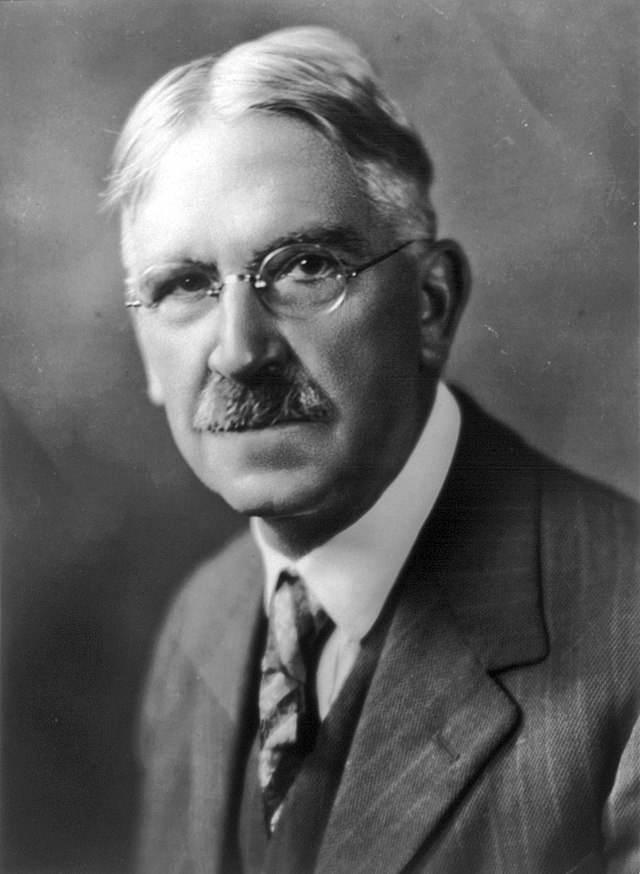
myhero.com -
It is a fact that he became an important figure in educational reform. Democracy and social reform are frequently mentioned in Dewey's educational writings. Dewey makes a compelling case for the value of education as a place to learn not only academic knowledge but also how to live. In his opinion, the goal of education should not be to acquire a predetermined set of abilities, but rather to realize one's full potential and the ability to use those skills for the greater good. He observes that "to prepare him for the future life means to give him command of himself; it means so to train him that he will have the full and ready use of all his capacities" (My Pedagogic Creed, Dewey, 1897).
In addition to assisting pupils in reaching their full potential, Dewey recognizes the importance of education and schools in bringing about social change and reform. "education is a regulation of the process of coming to share in the social consciousness; and that the adjustment of individual activity on the basis of this social consciousness is the only sure method of social reconstruction", he writes. Dewey had particular beliefs about how education should take place within the classroom, in addition to his thoughts about what education is and what influence it should have on society. Dewey analyzes two significant opposing schools of thought in educational pedagogy in The Child and the Curriculum (1902). The first is curriculum-centered and focuses almost entirely on the subject matter to be taught. According to Dewey, the primary fault in this paradigm is the student's inactivity; within this framework, "the child is simply the immature being who is to be matured; he is the superficial being who is to be deepened". He contends that in order for education to be most effective, content must be given in such a way that the student may relate the information to earlier experiences, therefore reinforcing the relationship with this new knowledge.
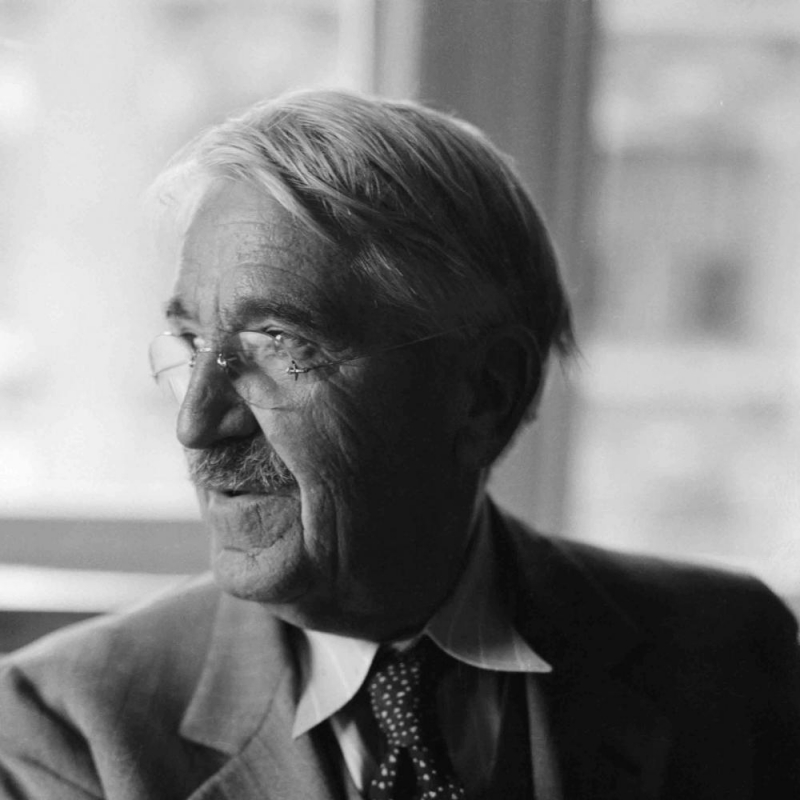
neh.gov 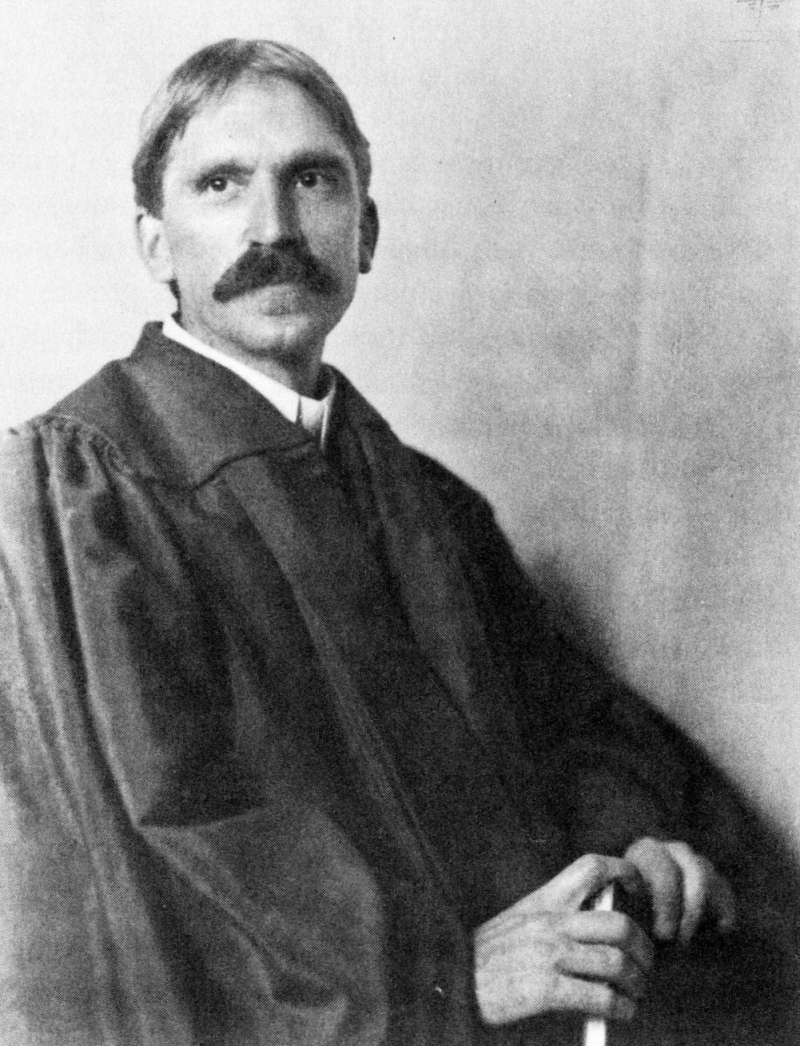
John Dewey in 1902 -commons.wikimedia.org -
One of the interesting facts about John Dewey is that Dewey was a significant person in the history of pragmatic philosophy. Dewey was one of the primary figures associated with the philosophy of pragmatism. Dewey joined the newly established University of Chicago (1894-1904) in 1894 when he formed his belief in Rational Empiricism and became associated with the newly emerging Pragmatic philosophy. His tenure at the University of Chicago resulted in four pieces titled Thought and its Subject-Matter, which were published alongside collected works by his Chicago colleagues under the title Studies in Logical Theory (1904).
Dewey referred to his philosophy as instrumentalism rather than pragmatism at times, and he would have recognized the similarities between these two schools and the contemporary school known as consequentialism. In some phrases introducing a book he wrote later in life to help forestall a wandering kind of criticism of the work based on controversies due to differences in the schools that he sometimes invoked, he defined the criterion of validity common to these three schools, which lack agreed-upon definitions, with precise brevity. His concern for accurate definition led him to conduct an extensive investigation of sloppy word usage, which was published in 1949 in Knowing and the Known.
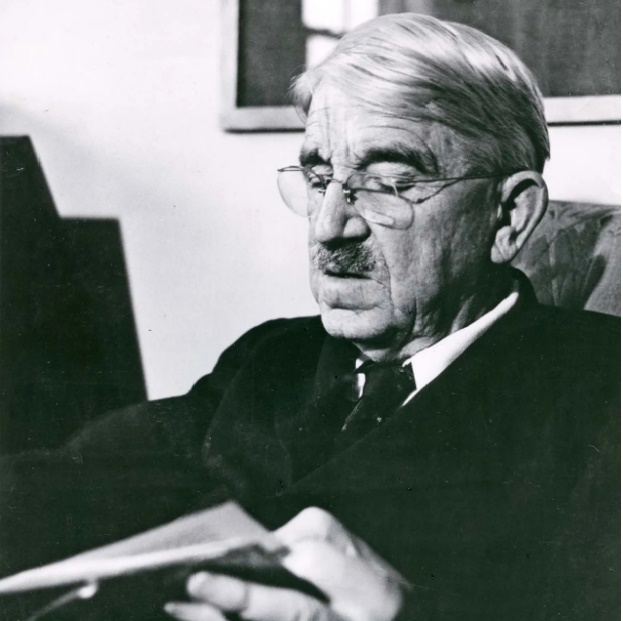
britannica.com 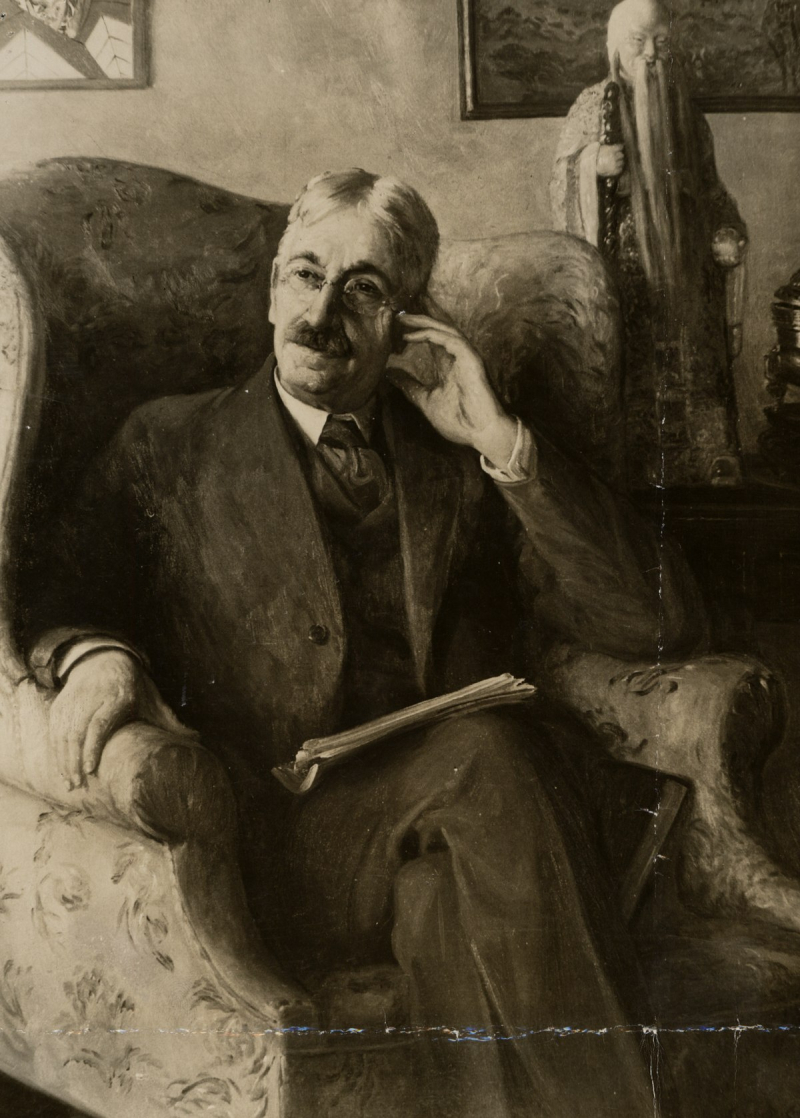
wikidata.org -
One of the interesting facts about John Dewey is that he is considered one of the fathers of functional psychology. Dewey's first two books, Psychology (1887) and Leibniz's New Essays Concerning the Human Understanding (1888), were both published at the University of Michigan, and both expressed Dewey's early dedication to British neo-Hegelianism. Dewey attempted a synthesis of idealism and experimental science in Psychology.
While still a professor of philosophy at Michigan, Dewey and his junior colleagues, James Hayden Tufts and George Herbert Mead, as well as his student James Rowland Angell, were all heavily influenced by William James' Principles of Psychology (1890) and began to reformulate psychology, emphasizing the social environment on the activity of mind and behavior rather than the physiological psychology of Wilhelm Wundt and his followers.
Their new approach to psychology, subsequently named functional psychology, emphasized activity and application. Dewey argues against the traditional stimulus-response understanding of the reflex arc in his article "The Reflex Arc Concept in Psychology," which appeared in Psychological Review in 1896, in favor of a "circular" account in which what serves as "stimulus" and what as "response" depends on how one considers the situation and defends the unitary nature of the sensory-motor circuit. While he does not reject the existence of stimulus, sensation, and reaction, he disagrees that they are distinct, juxtaposed events that occur as if they were links in a chain. He proposed that there is coordination in which the stimulation is enhanced by the outcomes of prior encounters.
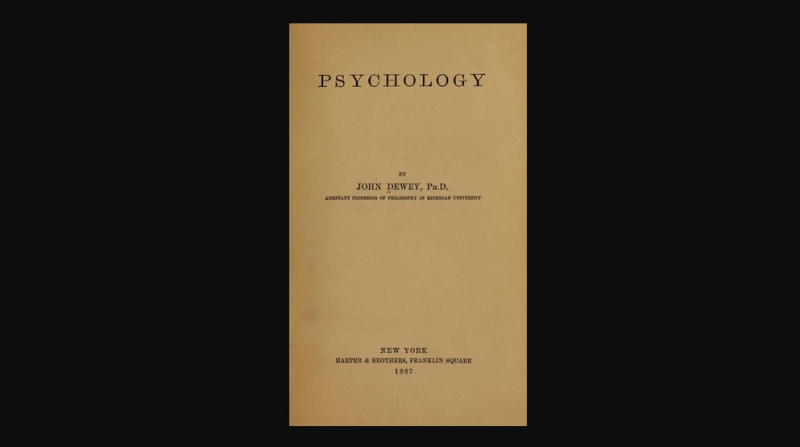
Psychology (1887) -openlibrary.org 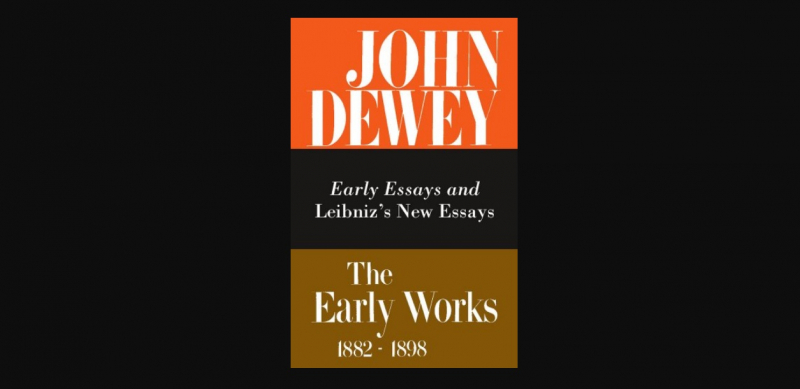
Leibniz's New Essays Concerning the Human Understanding -abebooks.com






